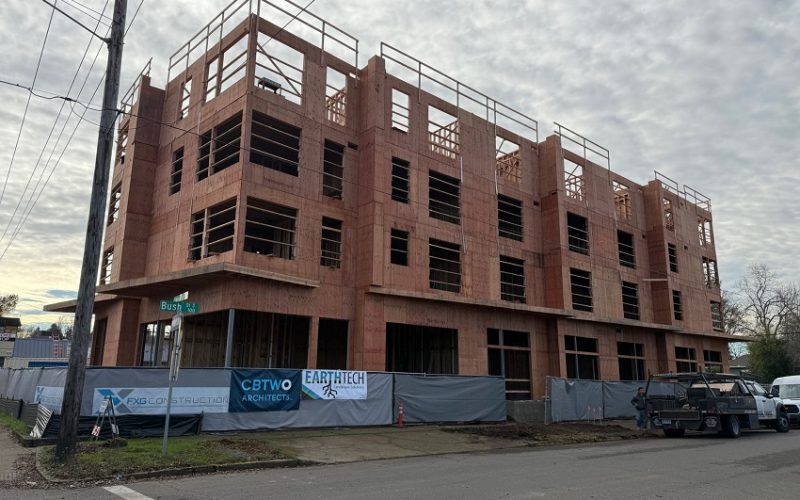Salem, OR – Salem is grappling with a growing housing affordability crisis, as a significant portion of its residents are struggling to make ends meet. According to recent data, half of the city’s renters and a quarter of homeowners are spending more than 30% of their income on housing, a threshold commonly considered the tipping point for financial strain. As a result, many are left with little to no room in their budgets for other essential needs, such as food, healthcare, and transportation.
In response to these alarming figures, the city is exploring potential solutions as part of a state initiative aimed at addressing housing affordability across the region. Key proposals include increasing the supply of housing, implementing policies to stabilize rents, and offering incentives to developers to build more affordable units.
Housing experts argue that the shortage of affordable housing is a direct driver of the problem. With demand for housing outpacing supply, rental prices in Salem have steadily risen, leaving many residents with few options. The situation is particularly difficult for renters, many of whom face steep competition for the few affordable units that remain available. Homeowners are also feeling the pressure, as rising property values and taxes place an additional burden on their finances.
City officials are considering a range of strategies to address the crisis. One proposal involves relaxing zoning laws to allow for higher-density housing and mixed-use developments, which could increase the availability of affordable units. Additionally, officials are looking into providing incentives for developers to focus on affordable housing projects, such as tax breaks or subsidies that could lower construction costs.
Rent control is another option under consideration, though it remains a point of debate. While rent control has been effective in stabilizing prices in some cities, critics argue that it could disincentivize new construction and ultimately reduce the overall supply of rental properties. Still, the idea has gained traction among advocates who argue that immediate action is needed to protect tenants from being priced out of their communities.
As part of the state initiative, Salem is also exploring opportunities to collaborate with state and federal agencies to secure additional funding for affordable housing projects. Local leaders are hoping that with the right combination of policies and investment, the city can take meaningful steps toward easing the housing burden on its residents.
While the road to resolving Salem’s housing affordability issues is far from clear, city officials are committed to finding solutions that will ensure residents can continue to live in the city without sacrificing their financial stability. The coming months will be crucial as the city evaluates these potential strategies and works toward a more affordable housing future for all its residents.











